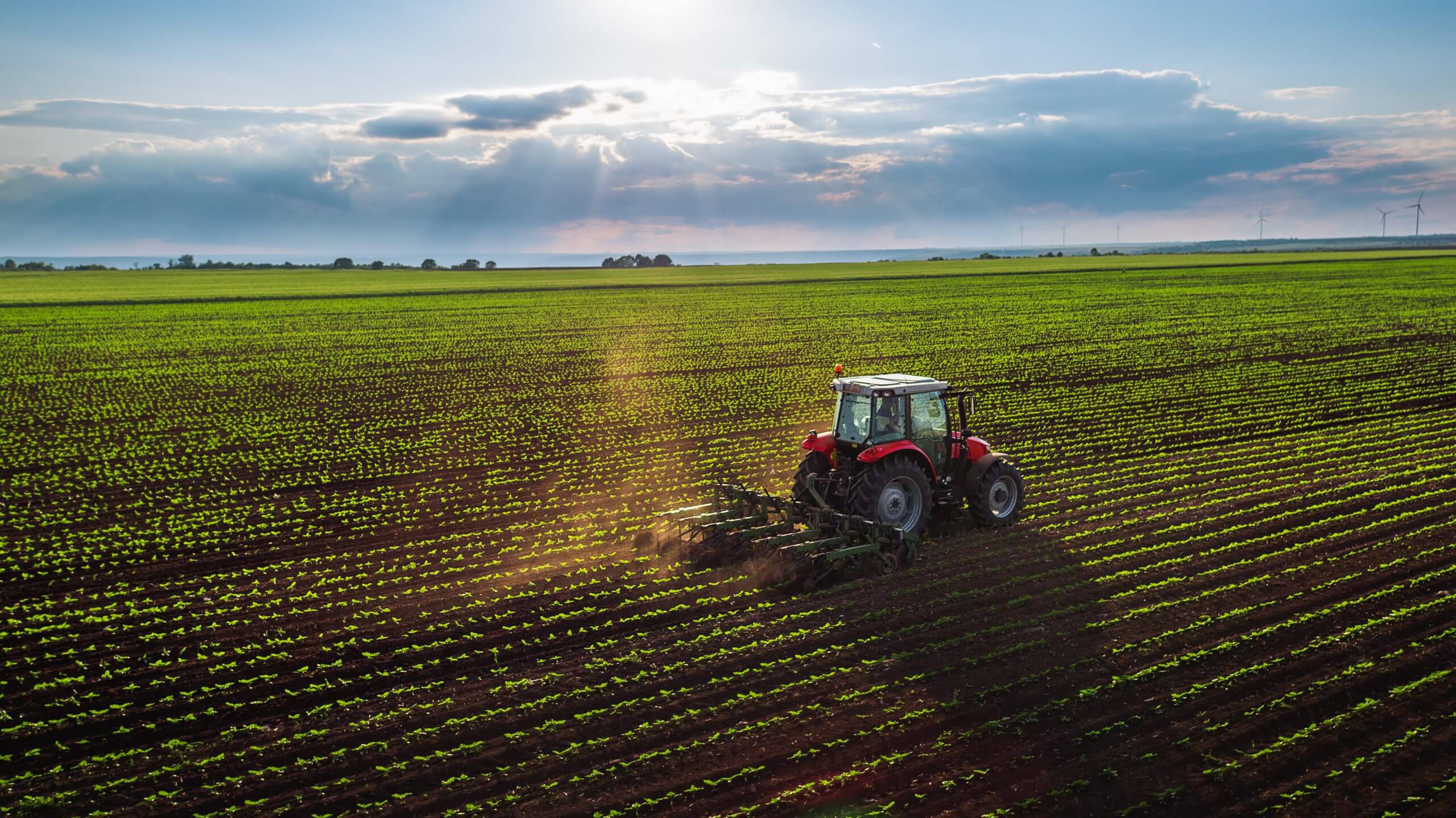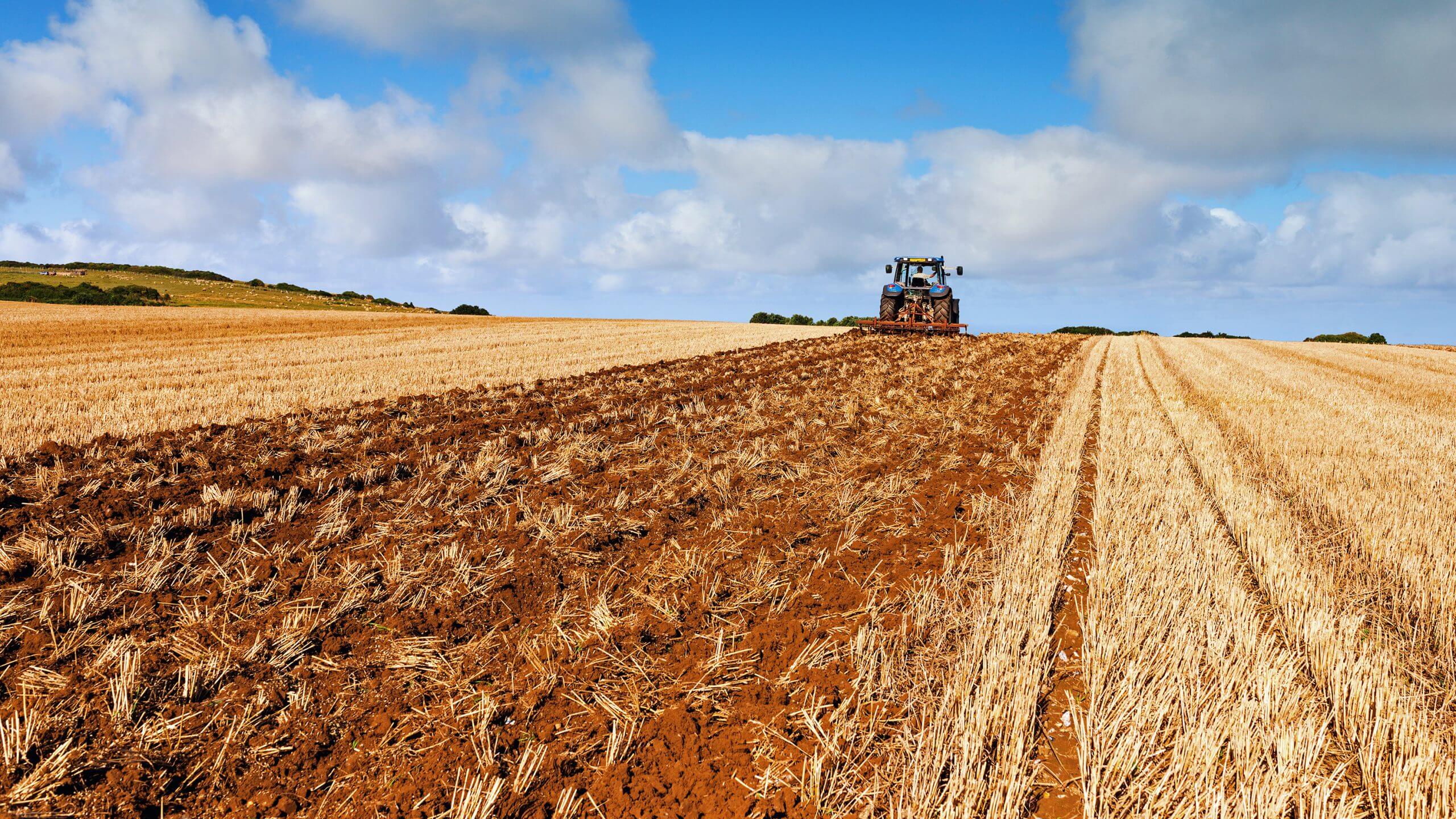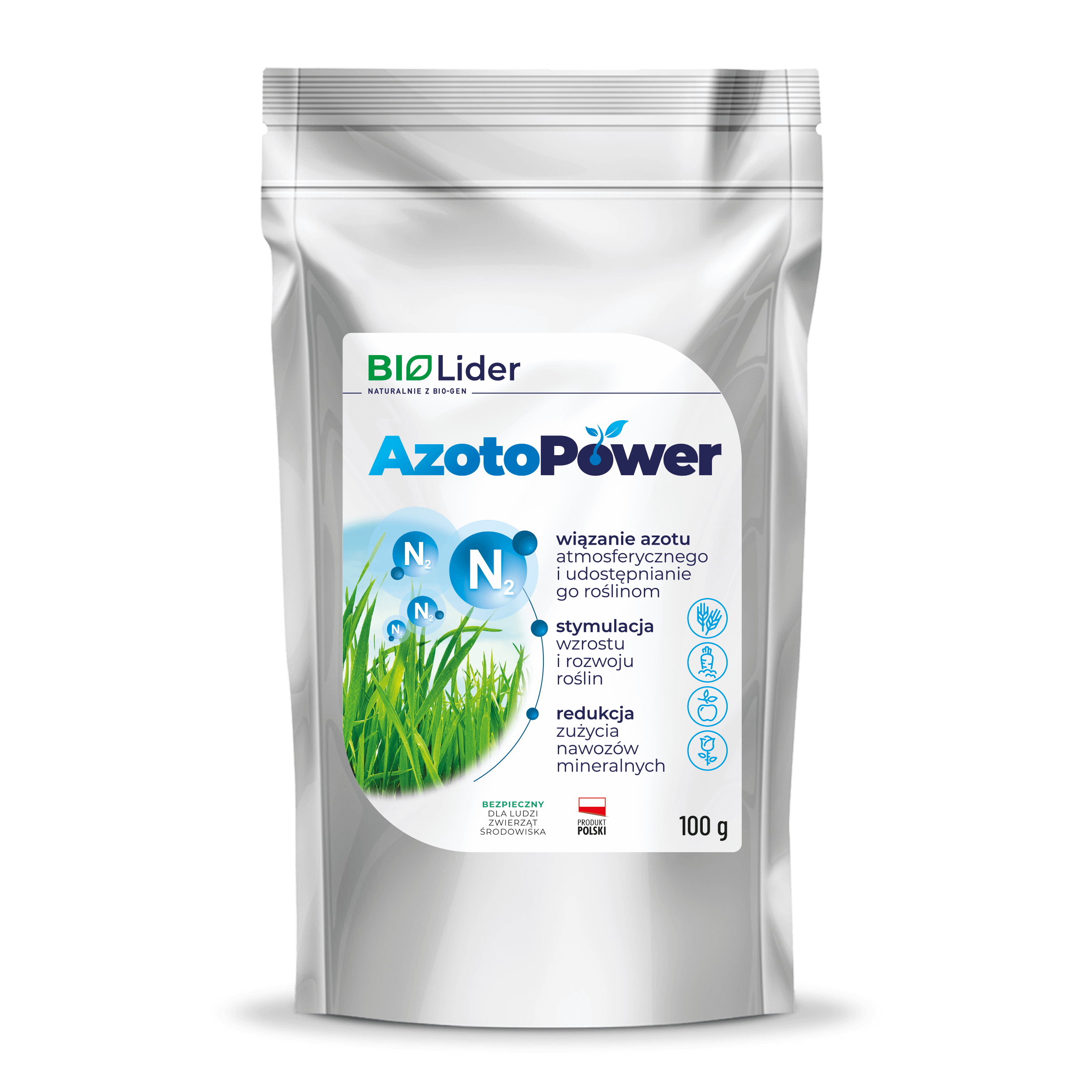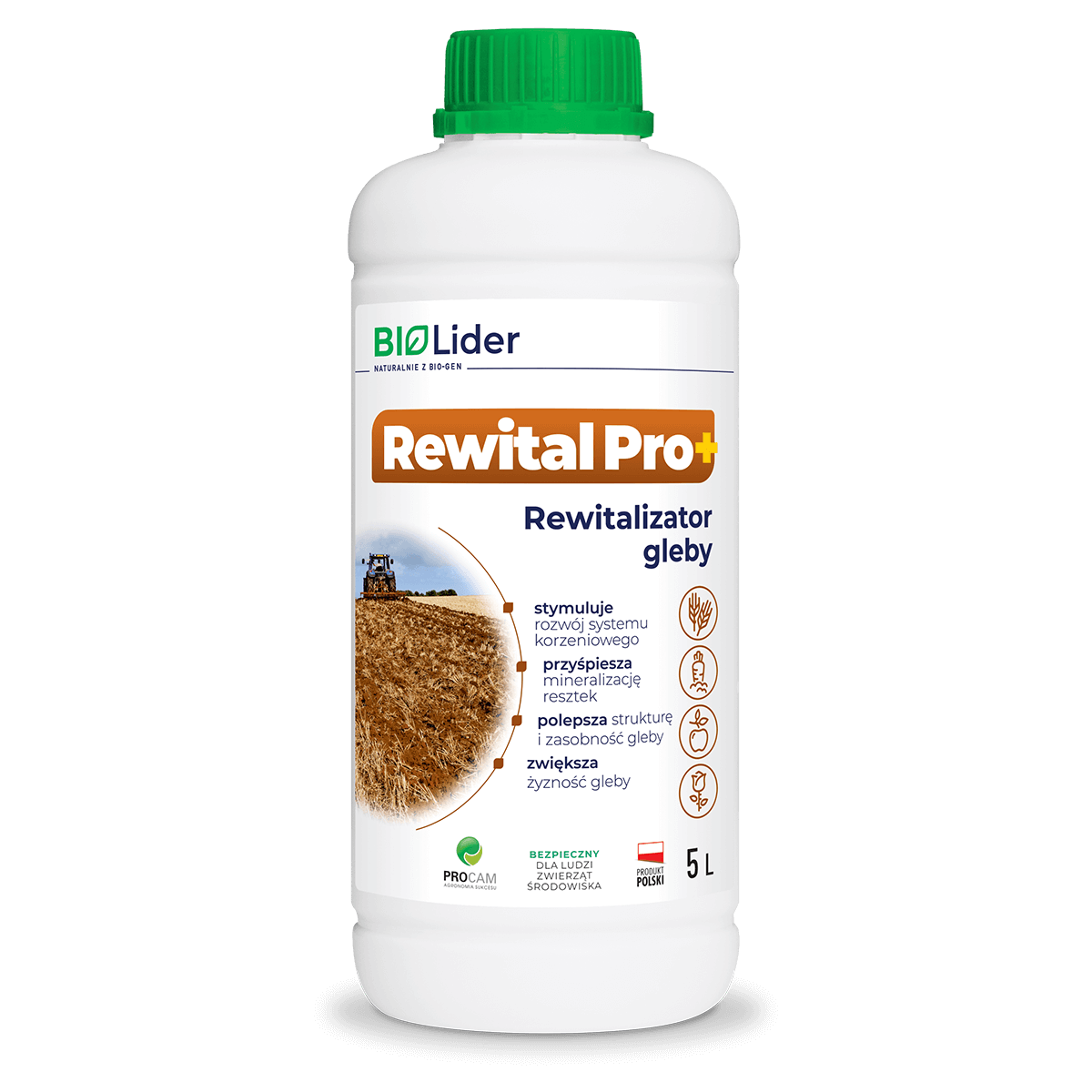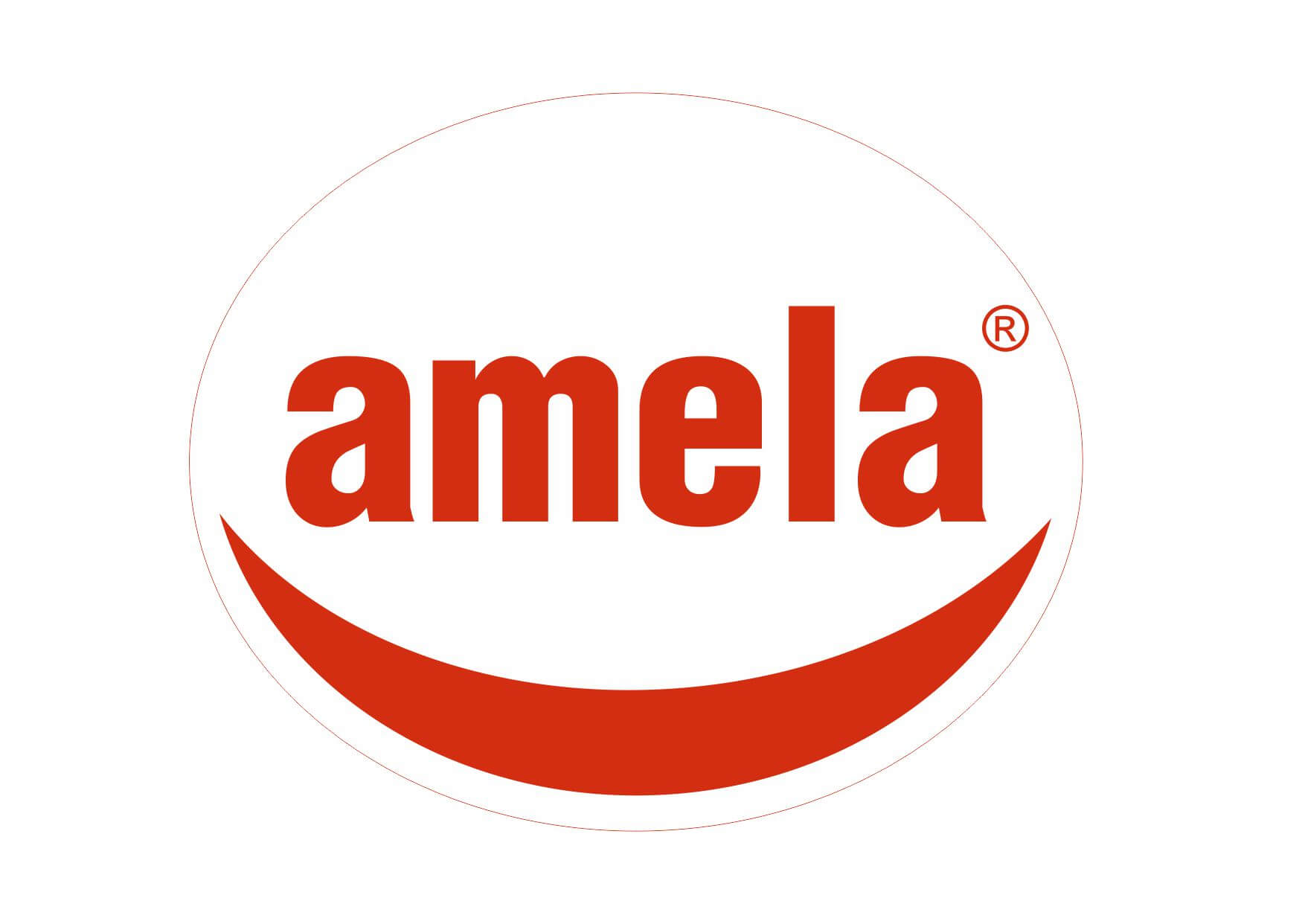Mikrobiologiczne wiązanie azotu atmosferycznego w koncepcji zrównoważonego rolnictwa Obieg azotu jak również innych składników pokarmowych jest w warunkach naturalnych ściśle związany z aktywnością mikrobiologiczną różnych mikroorganizmów glebowych. Zdolność wielu rodzajów pożytecznych bakterii i grzybów dzięki ich zdolnościom do rozkładu materii organicznej ułatwia roślinom przyswajanie wielu niezbędnych do ich wzrostu składników pokarmowych. W przypadku najważniejszego składnika […]
